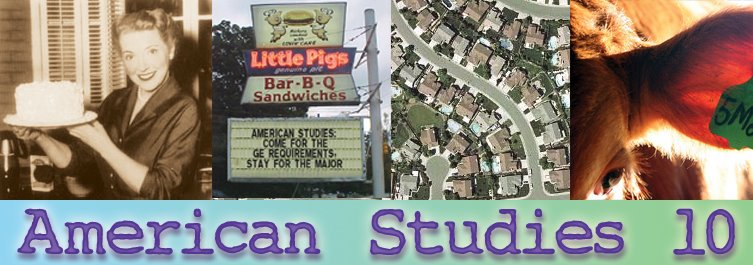 When one faces a decision on whether or not to go Greek, the values at question are identity, recognition, belonging, discipline, love and respect. But these values are at the core of our being, and they represent the complex structure of social hierarchy amongst ourselves and our peers. These principles were shared by my suitemates and myself, which was the larger reason why we considered and rushed for Lamdas.
When one faces a decision on whether or not to go Greek, the values at question are identity, recognition, belonging, discipline, love and respect. But these values are at the core of our being, and they represent the complex structure of social hierarchy amongst ourselves and our peers. These principles were shared by my suitemates and myself, which was the larger reason why we considered and rushed for Lamdas.When considering our own rush, my suitemates and I had these values in mind. A handful of friends and I favored the Lamdas, based on the strengthened emphasis they seemed to place on loyalty unity and respect. To me, the four principles of Peace Love Unity Respect were large factors in my life. The status, popularity, and power that came with a Lamda title were quite appealing as well. Brotherhood spoke to me the way the kitchen spoke to Paule Marshall, but in the end, four friends rushed Lamdas, eventually all depledging except one.
We already considered ourselves a brotherhood to begin with, and we even labeled our faux fraternity Xi Xi Xi to represent the triple threat that we represented. We partied, we smoked, and we womanized. We were the archetypal college guys. The four of us represented the two primary different cultural communities that we saw: Two of us represented the So Cal connection. The other two of us were from the Bay representing Nor Cal. We were unified principally by the dorm common room where we mostly hung out, and assembled for late night endeavors, including two or three rush events.
Through the course of pledging, fights, differences, and all others who came and even through the face of disciplinary action, we stayed a unified group for the most part, supporting one another, and strengthening our resolve, our faith in the values we represented.
We all had watched one another sacrifice sleep and time and dedication for Lamdas, and we understood one another, and respected each other for it. We had endured the college equivalent boot camp, we had socialized ourselves in a way to fit the mold of a Lamda bro, and although only one of us had joined up, the rest of us felt like we had made our own bonds and established our own unity through the pledging process and being there for one another.
Through the commonality of our pledging and depledging, we had formed our own brotherhood. We understood and formed our own peace, love, unity, and respect for one another and our individual independence, high profile social status, and kinship. We established our own brotherhood based on commonly shared values that we established and abide by. We stick together, and we pride ourselves in respect. We show others the same courtesy they show us, we stand unified a brotherhood of friends who live by a code of respect, and who will stick together for one another despite different our different backgrounds and tastes.

